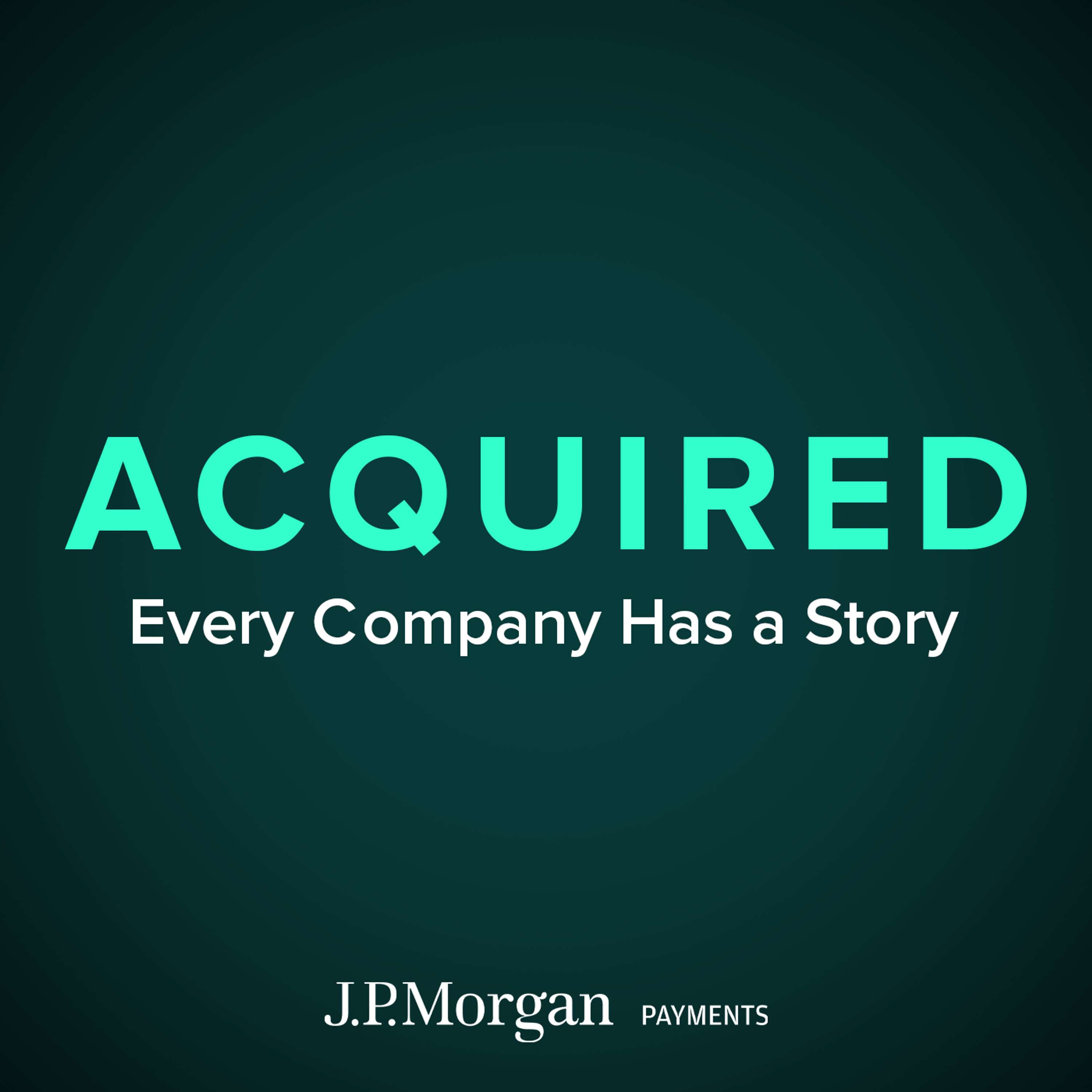
Acquired · June 2, 2025
The Steve Ballmer Interview
Highlights from the Episode
Steve BallmerMicrosoft CEO and owner of LA Clippers
00:05:44 - 00:07:54
Microsoft's transition from consumer to enterprise →
“
Microsoft started as a consumer company, and we built a very important consumer business. One of my regrets is we lost the consumer muscle along the way because I think the ability to be ultra, ultra—I mean, we're a great company, Microsoft's a great company—but to have both of those muscles totally firing. If I'd been able to sustain that consumer muscle, and I have some ideas about why that didn't happen, but the enterprise muscle, it got very big and very strong, so I'm very proud of that.
Steve BallmerMicrosoft CEO and owner of LA Clippers
00:14:30 - 00:15:15
The pivotal IBM deal and its unexpected outcome →
“
IBM, they were experimenting with a different approach. They said, look, instead of us building everything all custom, we want to use some industry standard components because that'll let us be more agile, etc. So they didn't come in loath to any of this. They knew that was our business. They know that was Digital Research's business and they wanted to use an Intel part versus their own proprietary part. They didn't ask Intel to do them some part either. The notion was we'll move fast, we'll get away from the IBM bureaucracy by taking this approach.
Steve BallmerMicrosoft CEO and owner of LA Clippers
00:17:22 - 00:17:56
Birth of the modern software business model →
“
There were a couple of software companies that made back K for IBM mainframes, but almost everything was custom. So really, I would say a few other companies, but I would say we defined what a modern software business looked like and the notion that there could be lots of developers, and there were some, but it's not like we think today. Oh, there was developers doing lots of standard applications. No. And there was no licensing model, no business model, no nothing. VisiCalc was around, so it would have.
Steve BallmerMicrosoft CEO and owner of LA Clippers
00:18:14 - 00:18:50
The importance of luck in company creation →
“
One of the things my little PowerPoint here says is luck is important in the creation of great companies. It is. And a lot of people say we're masters of the universe. We figure everything out. We never have any luck and it's because we're so talented. Sure, they're talented people and hardworking people. Most people have a little luck in their story and this was our big luck clearly.
Steve BallmerMicrosoft CEO and owner of LA Clippers
00:30:36 - 00:31:19
Microsoft's transition to enterprise focus →
“
Interesting single copies. Some hobbyists and end users. Somebody who says, hey, I really want to use a spreadsheet and a lot of users in enterprises. So it wasn't going through it. You'd have a user that would buy a PC on the expense account, probably for the department, buy a copy of Windows, buy a copy of Excel at an Egghead. Software was a software retailer at the time and bring them in and use them. And then it started to get nervous about that. We knew most of the copies, not most, but many of the copies were winding up in businesses. What the hell, IBM's going to stomp us like a bug.
Steve BallmerMicrosoft CEO and owner of LA Clippers
00:42:09 - 00:43:02
The evolution of Microsoft's enterprise licensing model →
“
We said instead of doing sell you a new license and then God knows when we would sell you another upgrade or whatever, we'll do something that just says, hey, look, you sign up for three years, you pay us per machine and you just pay us the same amount of money each year for three years. And it sort of let us jimmy up the price of the upgrade. Yeah, importantly you said get problem and we solved the difficulty of administration problem. And that was the enterprise agreement.
Steve BallmerMicrosoft CEO and owner of LA Clippers
00:51:35 - 00:54:29
Defining a platform and its importance →
“
You could call it anything that is extensible. And it's the extensibility that makes it a platform because you're going to get people to extend the value you add. The question is, and the reason that's important is applications are platforms too, not just developer platforms. When people say that, they might mean Azure, AWS or in the old days, Windows or Windows Server or Unix, then Linux, yes, those are platforms, you extend them, but you also extend Office, you add value, partners plug in, they write applications, they use the file formats. All of this stuff is platform.